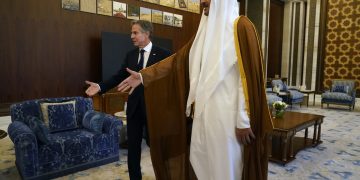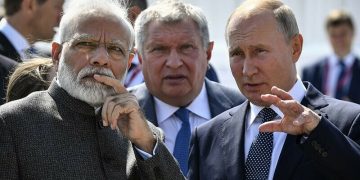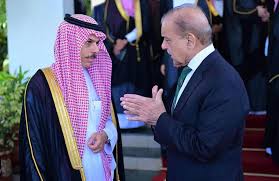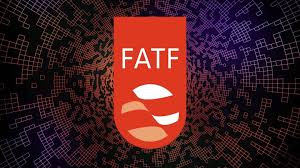The coalition government led by the PML-N is renegotiating contracts with independent power producers (IPPs) to rein in “unsustainable” electricity tariffs, Energy Minister Awais Leghari said as households and businesses buckle under soaring energy costs.
Rising power tariffs have stirred social unrest and shuttered industries in the $350 billion economy, which has contracted twice in recent years as inflation hit record highs.
“The existing price structure of power in this country is not sustainable,” Awais Leghari, the federal minister heading Power Division, told Reuters in an interview on Friday.
He said discussions were underway between power producers and the government because “there is a clear understanding on both sides that the status quo can’t be maintained.”
Leghari stressed that all stakeholders would have to “give in to a certain point” — though without compromising completely on business sustainability — and this would have to be done “as soon as possible”.
Faced with chronic shortages a decade ago, Pakistan approved dozens of private projects by the IPPs, financed mostly by foreign lenders. The incentivised deals included high guaranteed returns and commitments to even pay for unused power.
However, a sustained economic crisis has slashed power consumption, leaving the country with excess capacity that it needs to pay for.
Short of funds, the government has built those fixed costs and capacity payments into consumer bills, sparking protests by domestic users and industrial associations.
Four sources in the power sector told Reuters changes to contracts demanded included slashing guaranteed returns, capping dollar rates and moving away from paying for unused power. The sources requested anonymity as they were not authorised to speak to the media.
Energy sector viability was the focus of a critical staff level pact in May with the International Monetary Fund (IMF) for a $7 billion bailout. The IMF’s staff report stressed the need to revisit power deals.















































